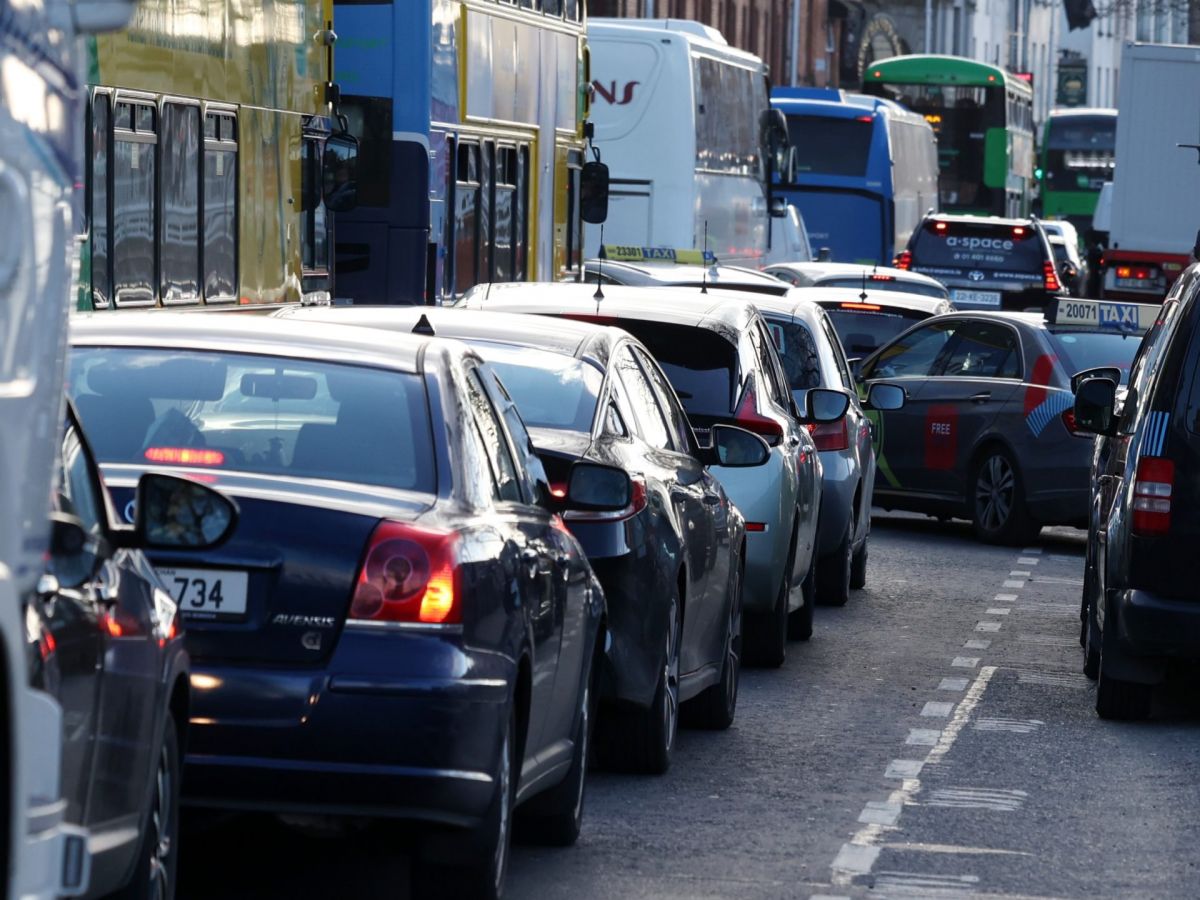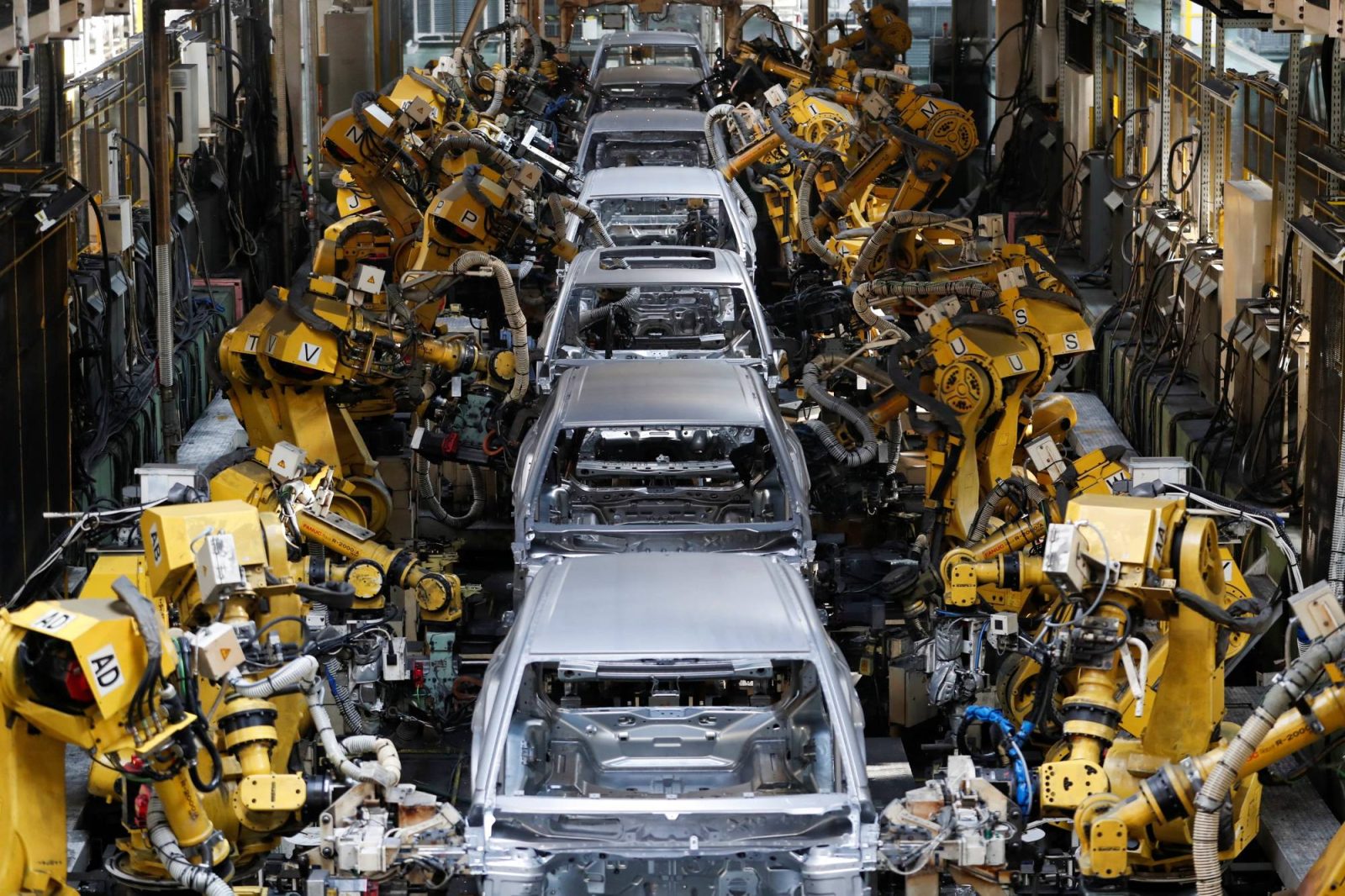Renault CEO Luca de Meo announced today that automakers may collectively face approximately €15 billion in fines if they fail to meet the 2025 emissions targets.
The auto industry has lagged in increasing production of low-emission vehicles, despite rising consumer demand for electric vehicles (EVs) in Europe.
The issue revolves around Europe’s 2025 CO2 emission targets, with fines based on the average CO2 emissions of each automaker’s fleet. By 2025, manufacturers must ensure their vehicles emit an average of 93.6g of CO2 per kilometer or less.
Automakers that fail to achieve this target—established in 2017—could face a penalty of €95 per excess gram of CO2 for each car produced.
The penalties vary by automaker. Companies such as Tesla and Volvo have already surpassed the targets, while others, including Kia, Hyundai, and Stellantis, are close due to their strong sales of EVs and hybrids.
These companies might risk only a few hundred euros in fines per car if emissions levels remain consistent with 2023 figures.
However, some automakers like Ford and Volkswagen are much further from compliance and may face fines exceeding €2,000 per car if they don’t improve their fleet emissions.
In an interview with France’s Inter radio, Luca de Meo, who also heads the European Automobile Manufacturers Association (ACEA), noted that penalties could total €15 billion if fleet emissions remain unchanged.
He also suggested that automakers would need to stop producing around 2.5 million high-emission vehicles to meet the targets. De Meo emphasized the slow pace of electric vehicle adoption, saying it was “half of what we need” to avoid penalties.

He carefully avoided placing the blame solely on the industry, using the phrase “the electric ramp-up” rather than “our electric ramp-up” to imply that external factors could be at play.
De Meo also urged regulators to show “flexibility,” arguing that rigid deadlines and fines without room for adjustment were dangerous.
These emissions targets, however, were set in 2017, giving automakers plenty of time to adjust, and they were already subject to interim evaluations in 2023.
Given that the average vehicle development cycle spans roughly seven years, automakers had ample opportunity to align with these regulations.
Even if they had delayed action until after the 2017 guidelines were established—despite the clear necessity for an EV transition long before then—they still had time to introduce compliant models by now.
De Meo isn’t alone in calling for last-minute leniency. BMW CEO Oliver Zipse has also advocated for a review of the 2025 targets.
Despite this, the ACEA, which De Meo chairs, maintains that the targets should not be altered, citing the time required for vehicle development and production.
Transport & Environment, an environmental group, published an analysis in April 2024 showing that the targets remain achievable, although automakers have not yet put in the effort required to meet them.
In the past, automakers raised similar concerns about new emissions regulations, claiming that the targets were too ambitious and that fines were inevitable.
Yet, when these regulations came into effect, manufacturers were often able to drastically reduce fleet emissions to meet the targets—suggesting that compliance was always possible.







Leave a Reply